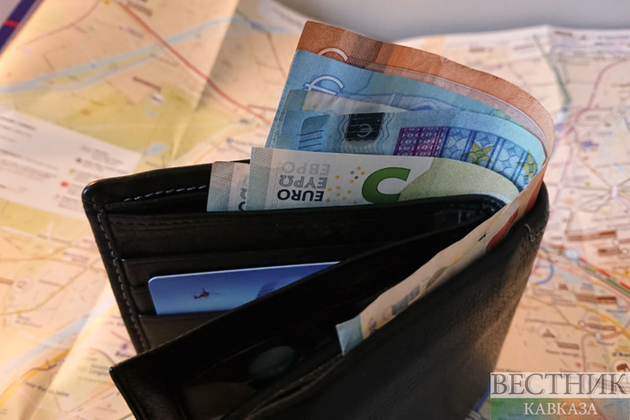The European Central Bank (ECB) plans to raise interest rates next month for the first time since 2011 after warning inflation would increase by more than previously estimated.
The Guardian reports that resisting calls for a 0.5% increase next month, the ECB’s governing council said the base rate for the 19-member currency bloc would be raised by 0.25% with a further, and possibly larger increase scheduled for September. The rise in July will lift the main deposit rate for commercial banks from -0.5%, and increase the 0% lending rate towards the Bank of England’s equivalent base rate of 1%.
Monthly injections of electronic funds into the economy, known as quantitative easing, will also be stopped in July, though the existing stock of ECB loans will remain at around £8tn, or 63% of the eurozone’s annual gross domestic product.
At a meeting in Amsterdam, the governing council said that inflation had become a “major challenge” and that inflationary forces had “broadened and intensified”. According to its latest forecasts, inflation will average 6.8% this year, well above the 5.1% predicted in March, before falling to 3.5% in 2023 and 2.1% in 2024. Officials said they were concerned that the situation in Ukraine had hit “confidence, consumption and investment”, leaving the eurozone with a weaker growth outlook. “It is disrupting trade, is leading to shortages of materials, and is contributing to high energy and commodity prices. These factors will continue to weigh on confidence and dampen growth, especially in the near term,” the ECB said. However, it was unlikely the invasion would plunge the eurozone into recession, it said, adding: “The conditions are in place for the economy to continue to grow on account of the ongoing reopening of the economy, a strong labour market, [government] support and savings built up during the pandemic.”
Inflation in the eurozone rose to more than 8% last month and could peak in the third quarter before a slow retreat predicted by the ECB. Sky-high energy prices were blamed for most of the surge in inflation. Food prices were also rising quickly while underlying price growth, which filters out volatile food and fuel prices, was well above 2%.
Hetal Mehta, a senior European economist at Legal & General Investment Management, said there was a high risk the eurozone would slip into recession next year. She said Italy would be the most vulnerable to higher interest rates after its debt to GDP ratio increased to 160% during the pandemic. “The European Central Bank is in a challenging position, with inflation extremely high, growth slowing and the labour market tightening. We now see euro area recession risk as high as 60% for the second half of 2023,” said Metha. “Higher ECB interest rates and Italian borrowing costs call into question Italian debt sustainability. As a result, the ECB will need to be more ‘predictable’ in raising interest rates, far more so than we have seen from other central banks such as the Federal Reserve or Bank of England.”






